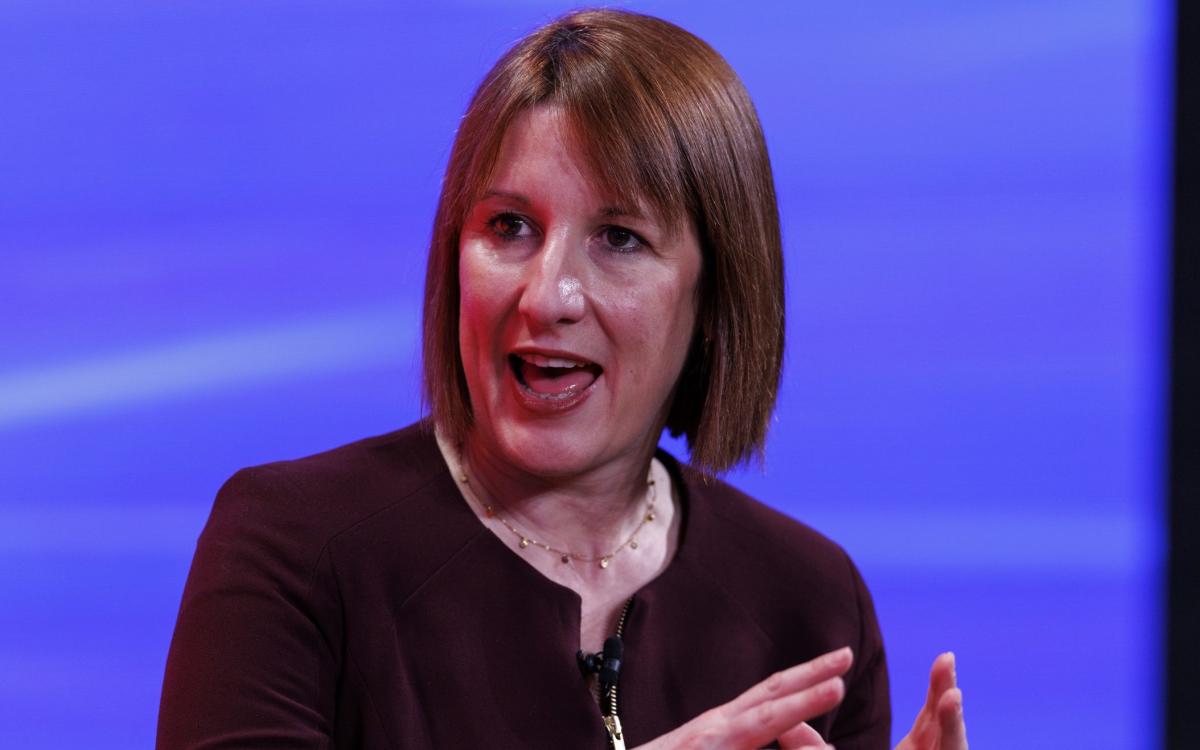
Rachel Reeves has been told she could plug a £22 billion “black hole” in the public finances without raising taxes if she could get two million people off benefits and into work.
By boosting the employment rate to 80 per cent, a pro-business charity has estimated, the Chancellor could raise £20 billion without taking any of the “painful” measures on tax and spending she is expected to announce in the Budget.
This would account for the vast majority of the £22 billion that Ms Reeves has claimed she needs to raise to get Britain’s finances back in order.
Ahead of the election, Labour said it would aim to increase the employment rate from 75 per cent to 80 per cent, which would involve getting two million more people into work.
Taking into account the rising number of people on health-related benefits, the Jobs Foundation predicted that a shift on that scale could raise £20 billion in tax revenue and save billions more in welfare spending.
But the charity warned that businesses will need “the right conditions” to succeed if they are to facilitate this change by delivering two million new jobs.
Unless current trends are changed, more than 4.3 million people will be economically inactive because of sickness by the end of this Parliament, up from 2.8 million today, according to the Institute for Public Policy Research.
This would mean 9.5 per cent of the working-age population off sick, up from just under 7 per cent at present.
In a report published ahead of the Budget, backed by more than 700 business leaders, the Jobs Foundation concluded that the climate for business in the UK is “not positive enough”, with a lack of appreciation for the value added by firms across the country.
The charity said people in business were “heartened” by Labour’s emphasis on the importance of economic growth, but are now “beginning to have concerns about whether this will be reflected in the legislative agenda”.
To help businesses deliver two million new jobs and tens of billions in tax revenue, it urged the Chancellor to use her first Budget to make improvements to Britain’s transport networks and boost access to homegrown funding.
It also fired a warning shot over Labour’s workers’ rights revolution, insisting it “must not be a barrier to growth”.
In particular, it said companies were concerned about new “day one” rights impeding their ability to take a chance on candidates from non-traditional backgrounds, such as ex-convicts or those who have been out of work for a long time.
‘Businesses need right conditions’
Lord Elliott, the co-founder and president of the Jobs Foundation, said: “The Government’s aspiration to take two million people from welfare into work is to be commended, and achieving this would raise an additional £20 billion for the Exchequer.
“But it also requires businesses to have the right conditions to thrive, and I hope this is at the forefront of the Government’s mind as they put the finishing touches to their first Budget.”
Ms Reeves announced there was a £22 billion black hole in Britain’s finances just weeks after taking her seat in No 11, placing the blame squarely on the Conservatives.
It sparked rushed financial decisions from a panicked public, with pensioners taking tax-free lump sums and savers stuffing their Isas with cash, while landlords and investors sought quick sales to avoid a potential tax raid in the Budget on Oct 30.
It has since emerged that the Chancellor is actually aiming to raise up to £40 billion, the vast majority of which would be generated through tax rises.
She wants the extra money to prop up the NHS and ensure that no government department has to endure a real-term spending cut this year.
EMEA Tribune is not involved in this news article, it is taken from our partners and or from the News Agencies. Copyright and Credit go to the News Agencies, email news@emeatribune.com Follow our WhatsApp verified Channel





